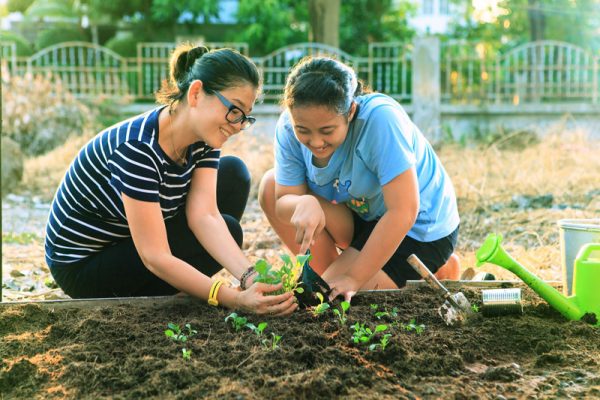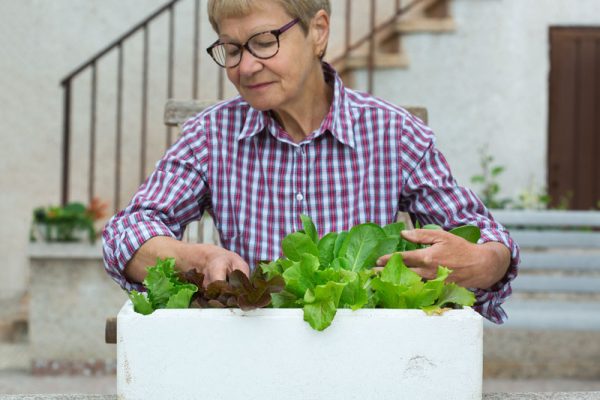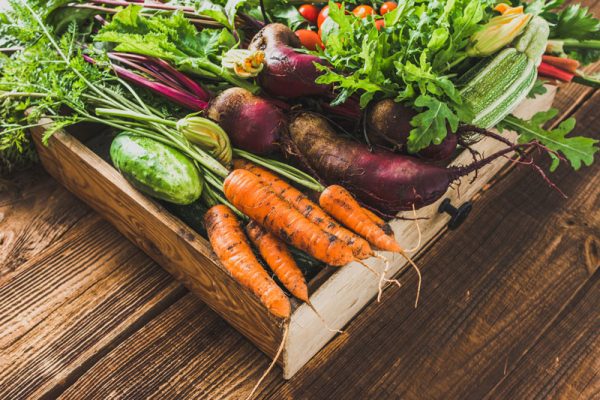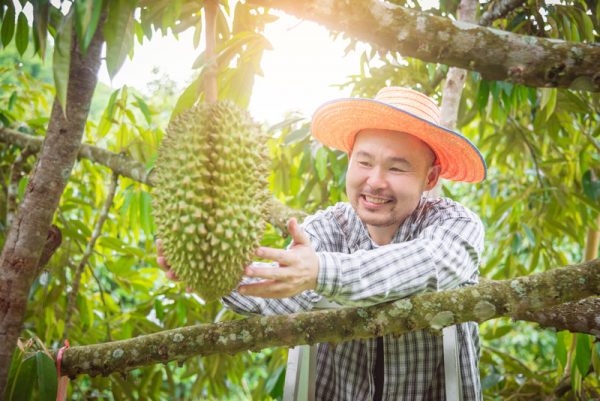Gardening Your Way to Health (Singapore Edition)
Horticulture therapy—also called therapeutic gardening—is becoming popular in Singapore. Many people are discovering that gardening is more than a hobby. It can support health, reduce stress, and help us feel more connected to nature.
Humans have always had a close link with plants. Long ago, people learned to grow useful crops and remove harmful weeds to survive. Over time, gardens changed from food sources into beautiful spaces for rest and enjoyment. Today, we no longer depend on gardens for survival. Yet, caring for plants still brings important physical and mental benefits.
Below are four clear reasons to start gardening, plus tips for making it work in Singapore.

1. Get Physical Activity (Without the Gym)
Gardening is more than a hobby—it’s a form of exercise. Tasks like digging, weeding, pruning, and watering engage multiple muscle groups.
-
Many sources estimate that light to moderate gardening (weeding, planting) can burn 200–400 calories per hour depending on intensity.
-
Mowing, soil-turning, or more strenuous tasks push towards the higher end of that range.
-
In Singapore, research on gardening’s health effects supports its benefits for mobility, strength, and general fitness.
The beauty is that gardening gives you movement in a natural context—not in a sterile gym. You’re working toward something beautiful and meaningful as you exercise.

2. Stimulate Your Brain & Adaptivity
Healthy gardening demands learning, strategy, and resourcefulness. You’ll confront problems—soil that drains poorly, pests, nutrient deficiencies, lighting limitations—and need to experiment, read, and adapt.
That sustained mental engagement helps maintain cognitive flexibility, problem-solving skills, and continuous learning. Many horticultural therapy programs use this cognitive stimulation intentionally to support mental health and resilience.
In Singapore, therapeutic horticulture trials among older adults showed improvements in memory, psychological well-being, and social connectedness.

3. Support Better Nutrition & Food Connection
Gardeners often eat more fruits, vegetables, and herbs than non-gardeners. The reason is simple: when you grow your food, you’re more likely to use it.
Home-grown produce can be fresher, more nutrient-rich, and free of or lower in synthetic pesticides.
In Singapore, vertical farming and innovative use of space have shown potential to improve urban food security: one study suggested that, with optimal design, home gardens in high-rise settings might meet up to 46 % of residents’ vegetable needs under ideal lighting conditions.
While corridor gardens in HDB blocks are usually limited by space and light, rooftop and façade gardens offer better yield potential.

4. Reduce Stress, Improve Mood & Social Wellness
The mental health benefits of gardening are among the most studied. A 2016 meta-analysis found that gardening generally leads to significant benefits in reducing depression, anxiety, and improving life satisfaction, quality of life, and well-being.
Gardening offers exposure to “green space” and nature’s restorative effects, which help with stress recovery and mental fatigue.
Community gardening adds a social dimension: people share knowledge, help one another, and build connection. Singapore’s Community in Bloom (CIB) initiative hosts over 2,000 community gardens across estates, schools, and public spaces.
Locally, a 24-week therapeutic horticulture program in Singapore showed participants had reduced anxiety, better sleep patterns, improved cognitive function, and higher happiness scores.
Gardening also correlates with healthy ageing: daily gardening was associated with 43% lower odds of poor health (including anxiety or physical limitations) in one recent study.
Tips for Gardening in Singapore’s Urban Environment
To make gardening realistic in a tropical, space-constrained city, follow these guidelines:
-
Choose the right plants: herbs, microgreens, leafy greens, chillies, and climbers often do well in containers.
-
Use vertical and façade spaces: maximize light and area by growing upward.
-
Optimize light: simulate photosynthetically active radiation if natural light is weak or blocked.
-
Take part in community gardens: they offer shared space, tools, mentorship, and social support.
-
Use therapeutic horticulture programs: join NParks or NGO-run sessions that integrate mental wellness and gardening.
-
Sustainability matters: compost kitchen scraps, use organic pest control, conserve water, and protect soil health. These actions help lock carbon in soil and reduce emissions.











